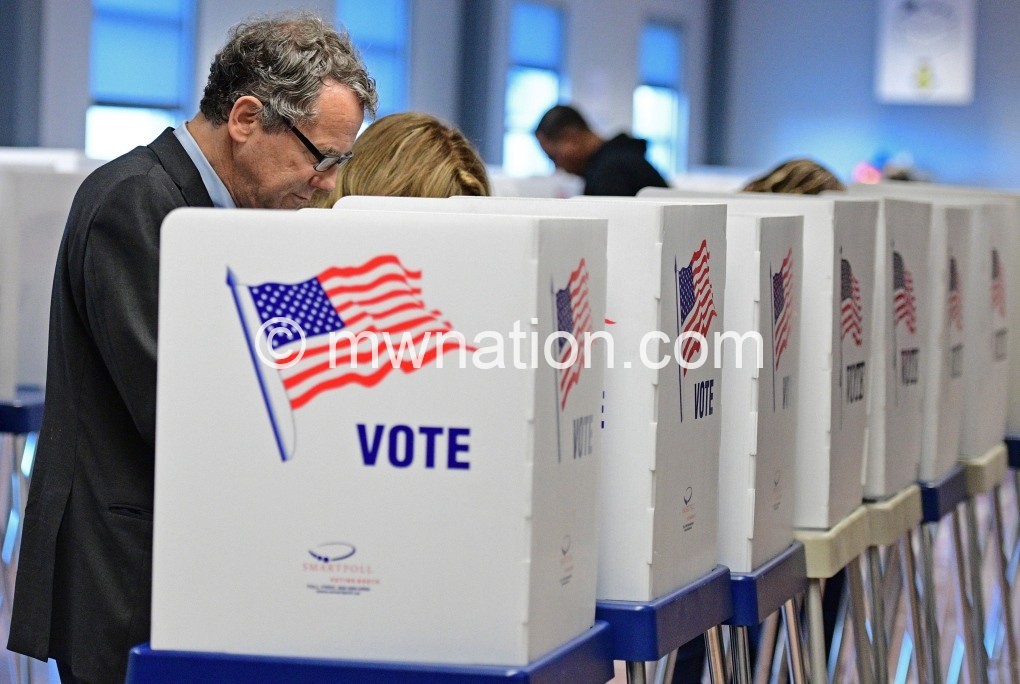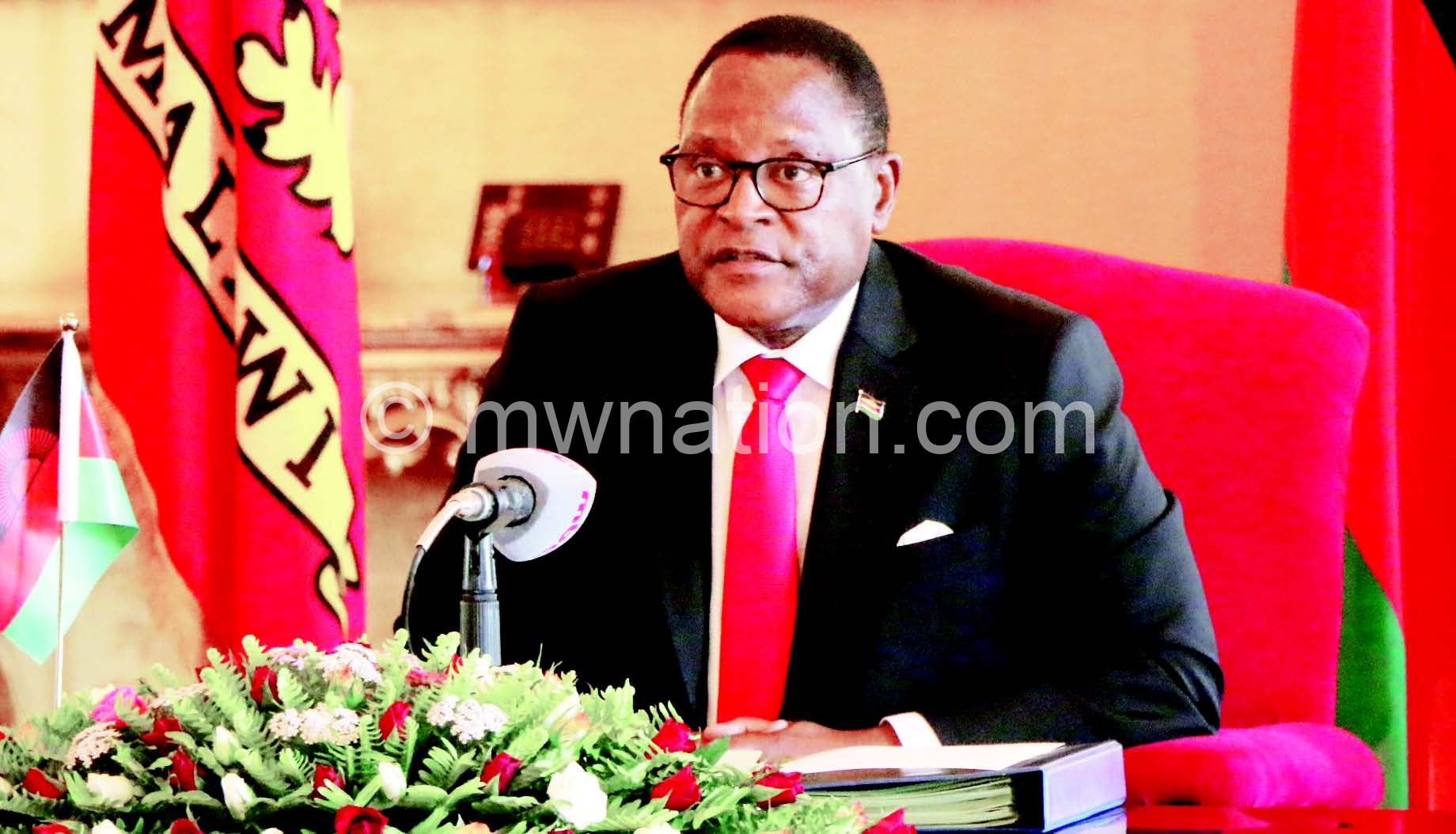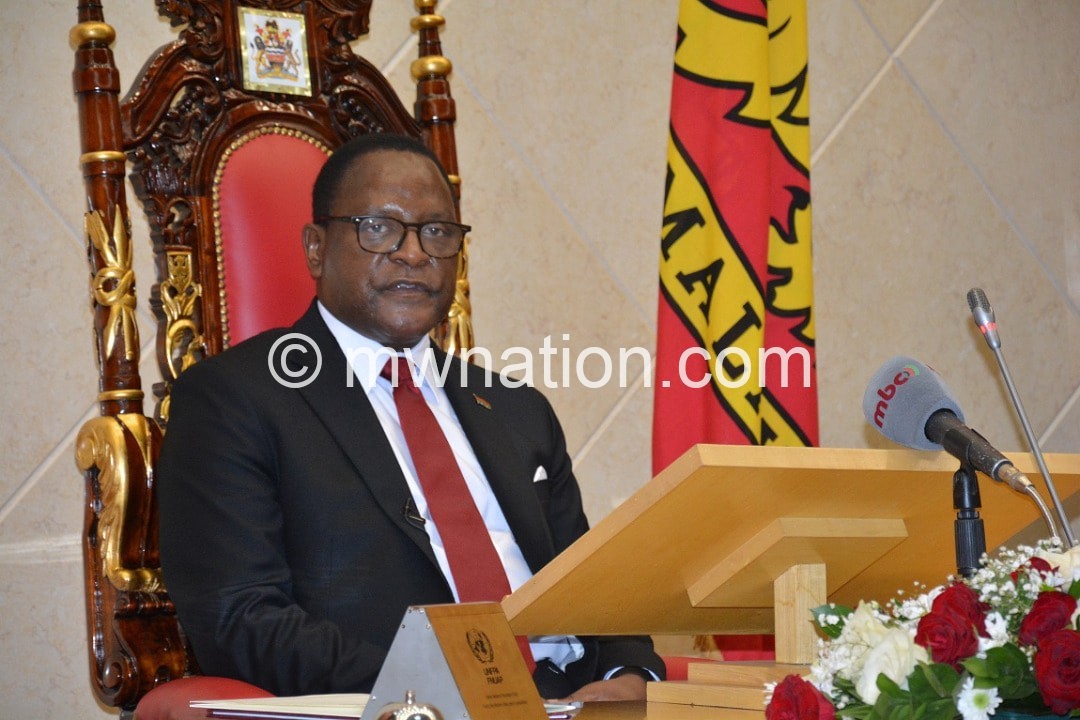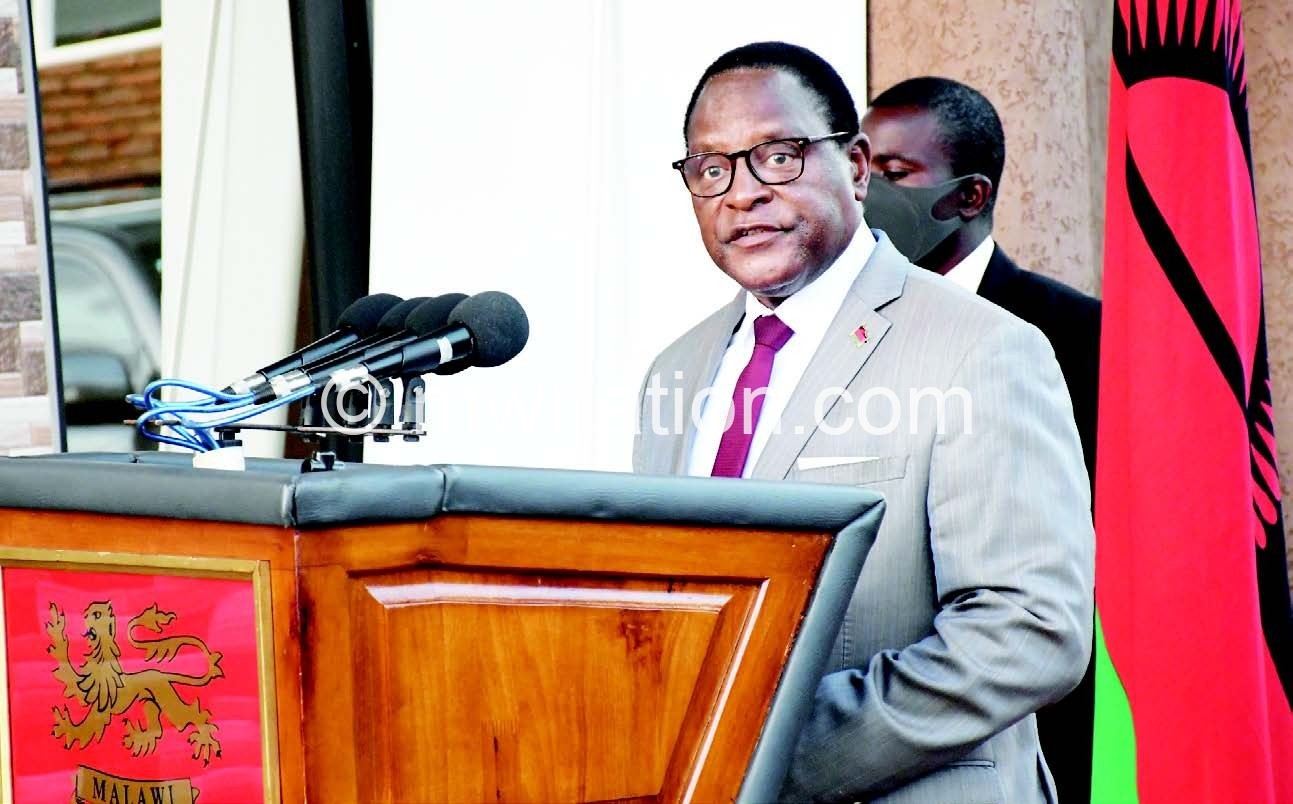There is only one vote, the Malawian vote
Some of us on the street get annoyed when we are asked which tribe we belong to. “I’m a Malawian,” is the defiant response I often give. Not because I am ashamed of my Chewa tribe but because of more than two decades of President Kamuzu Banda’s rule—Banda frowned on any public flexing of ethnic muscles. He hated tribal politics and emphasised that we were all Malawians.
Which is why when ‘street talk’ reached him that some teachers from the North—especially those who spoke Tumbuka language were favouring pupils from the North, he did not institute any commission of inquiry to find out why they were doing so. He just gave an order that all teachers from the North should go home and teach there. It was a grave error. But Kamuzu did not want to hear ‘tribal politics’ of any kind.
When in 1993 Banda, a Chewa by tribe from Kasungu in the Centre, reluctantly gave up power and multi-party politics was reintroduced through a referendum, the parties that emerged polarised around tribes with their Big Man bosses—Bakili Muluzi as leader of the United Democratic Front (UDF) enjoying massive support from the South and Chakufwa Chihana heading Alliance for Democracy (Aford) dominating the North.
It was not surprising because during Banda’s administration other tribes developed resentment of the Chewa as it was widely believed that Kamuzu had increasingly favoured folks from his ethnic group to senior posts in government.
Today, ethnic grid lines crisscross the countryside. Invisible to outsiders, but as clear as day to the locals. The country is so divided that we are no longer a united Malawian people, but a mob of tribes; the Chewas, Tumbukas, Yaos, Lhomwes, etc.
If you had a chance to listen to speeches during this year’s Mulhako wa Alhomwe festival at Chonde in Mulanje last Sunday, you would understand what I am trying to get at. One of the speakers, Leston Mulli—the businessman who is demanding K270 billion from government for loss of business during 2010 protests—has vowed to do everything in his powers to prevent aspirants who have been critical of President Peter Mutharika’s regime from claiming any seat in the upcoming Tripartite Elections by using ‘a Lhomwe vote’.
He warned: “This is no political gathering but I have one clear message for those going against APM [Mutharika]: you are not winning any seat within the Lhomwe belt, not when I am chairing this gathering. I mean, what those rebels did was impudence and it has no place in our culture as Lhomwes. They lack manners and honestly, I would not expect them to be castigating the president in public like they do at various podiums. We will not sit back and watch. The least we will do is to ensure they lose their seats come May next year.”
Mulli must have been referring to a trio of former DPP party leaders from the region that dumped the party to help found United Transformation Movement (UTM), led by Vice-President Saulos Chilima. The three include former Cabinet minister Patricia Kaliati, former DPP director of Youth Lewis Ngalande and Noel Masangwi, a former member of the national governing council (NGC) of the ruling party.
Writing for the BBC in 2012, the late Calestous Juma, who was International development professor at Harvard University, warned of tribal politics. He says leaders who exploit tribal loyalty do so to advance personal gain, parochial interests, patronage, and cronyism.
Before the Lhomwes do a Khashoggi on me, get me right. There is nothing wrong with a tribal grouping such as Mulhako wa Alhomwe. Such groupings promote culture and culture unites us and gives us a sense of security. But to use cultural events to promote tribal politics is wrong as such primitive actions have in the past played a major role in armed conflict and civil unrest across the continent.
So word on the street for all Lhomwes who were seen smiling and clapping hands like clowns for Mulli is that there is nothing like a ‘Lhomwe vote’ but a Malawian vote. By promoting tribal loyalty you risk losing out on some voters from other tribes who might have wanted to support DPP and Mutharika’s candidacy in 2019.
Tribalism is an enemy of development. Stop it now!





